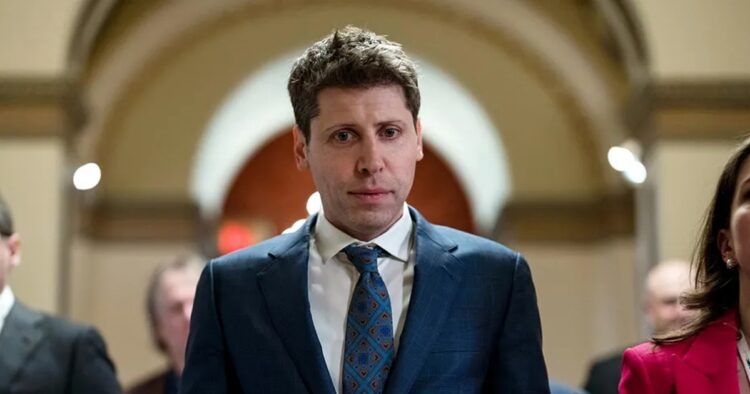OpenAI, a prominent artificial intelligence company based in San Francisco, has reinstated Sam Altman as CEO and expressed full confidence in his leadership. This decision comes after an external investigation conducted by the law firm WilmerHale, which concluded that Altman’s removal from his position in November was due to a breakdown in trust between him and the prior board.
The investigation revealed that Altman’s ouster stemmed from internal conflicts and a loss of trust between him and the previous board members. OpenAI emphasized that Altman’s conduct did not warrant removal, and both Altman and Greg Brockman, the former chairman, were deemed suitable leaders for the company.
In a bid to move past the internal turmoil that nearly destabilized the company last year, OpenAI has made significant changes to its board of directors. Three accomplished women, including Dr. Sue Desmond-Hellman, Nicole Seligman, and Fidji Simo, have been added to the board, signaling a commitment to diversity and effective governance.
Altman expressed relief that the ordeal is over, stating his disappointment at the attempts to undermine the company through leaked information. He acknowledged learning from the experience and apologized for any disputes that could have been handled better.
The company’s governance structure, initially established as a nonprofit with a focus on developing safe AI, has faced challenges as it transitioned into a fast-growing business. The recent conflicts underscored the complexities of balancing corporate growth with its original mission.
Following Altman’s removal and subsequent reappointment, OpenAI faced scrutiny regarding its governance and decision-making processes. The review by WilmerHale validated the prior board’s actions while also acknowledging the breakdown in trust between the parties involved.
In response to the investigation’s findings, OpenAI announced plans to implement improvements to its governance structure. These measures include adopting new corporate governance guidelines, strengthening conflict of interest policies, and establishing a whistleblower hotline for anonymous reports.
Despite these efforts to address internal issues, OpenAI still faces challenges, including a lawsuit filed by Elon Musk, one of its early backers. The lawsuit alleges that the company has strayed from its founding mission. While legal experts question the merits of Musk’s claims, the lawsuit has brought attention to OpenAI’s internal conflicts and strategic direction.
Moving forward, OpenAI aims to regain stability and focus on its core mission of developing advanced AI technologies for the benefit of humanity. With a restructured board and renewed commitment to transparency and governance, the company seeks to rebuild trust and confidence among stakeholders.

















Comments